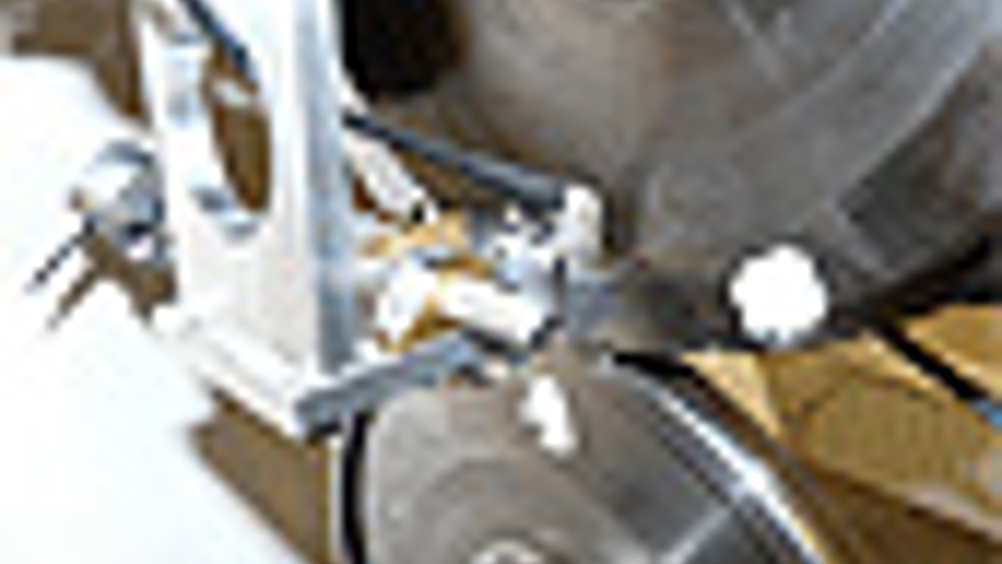Railway safety stays on track
A computer modelling program that may help prevent rail accidents by more accurately predicting vehicle behaviour is being developed by Manchester Metropolitan University and Phoenix Inspection Systems.

A computer modelling program that may help prevent rail accidents by more accurately predicting vehicle behaviour is being developed by
(MMU) and
.
MMU's rail technology unit and Phoenix, a manufacturer of ultrasonic testing equipment, have drawn on work by universities and rail companies throughout the world to create an optimised computer modelling approach that aims to be faster and more precise than existing systems.
Computer simulation programmes are widely used to evaluate problems such as rolling contact fatigue on railway vehicles.
The simulations predict the stresses that occur in the area the wheels come into contact with the rail.
The area, typically the size of a thumbnail, has to contend with a number of forces from the train at any one time.
Prof Simon Iwnicki, director of studies at MMU's rail technology unit, told
that contact conditions are difficult to predict because of the high forces and the short time in which they pass a particular point on the rail, and because the material behaviour is highly non-linear at these forces. 'All computer packages simplify matters to some extent to allow the analysis to be completed within an acceptable time but the effect of these simplifications is not well understood,' he said.
Register now to continue reading
Thanks for visiting The Engineer. You’ve now reached your monthly limit of news stories. Register for free to unlock unlimited access to all of our news coverage, as well as premium content including opinion, in-depth features and special reports.
Benefits of registering
-
In-depth insights and coverage of key emerging trends
-
Unrestricted access to special reports throughout the year
-
Daily technology news delivered straight to your inbox










Water Sector Talent Exodus Could Cripple The Sector
Maybe if things are essential for the running of a country and we want to pay a fair price we should be running these utilities on a not for profit...